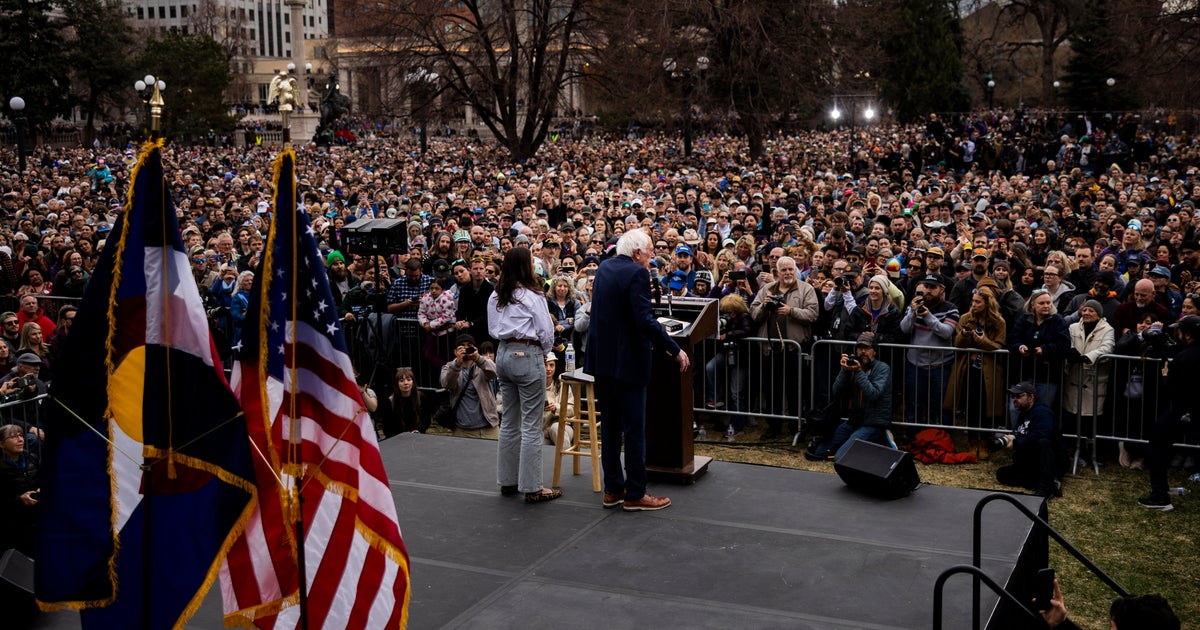Long-awaited property tax relief bill drops at Colorado Capitol in the final days of the legislative session
State lawmakers will take up an 83-page property tax relief bill with just two weeks left in the legislative session.
The bill comes after four months of hearings by a bipartisan Commission on Property Tax, which was created by the legislature and charged with crafting long-term relief for homeowners while protecting services for local governments.
"We got feedback from county commissioners, local elected officials, everyday citizens," said Democratic state Sen. Chris Hansen, who chaired the commission and is the lead sponsor of the bill.
It would allow residents to exempt 10% of their home's value -- up to $75,000 -- from taxation.
Hansen says that adds up to significant relief, "It equates to nearly $800 mission in additional tax relief."
He says it's the equivalent of lowering the state assessment rate to 6.35%. But critics say, if the rate was actually lowered, it couldn't be raised without voter approval.
They say the bill allows lawmakers to adjust the tax relief at any time.
"The legislature is still playing games with this and this is why I think ultimately, we're still going to have to go to the ballot to provide real property tax relief," says Michael Fields with Advance Colorado.
The conservative group is pushing ballot measures to cut the residential assessment rate to near-2022 levels and then cap future revenue growth at 4% year over year while protecting education funding.
"If the state can backfill, then we think they should. Backfill any local districts that need to see that backfill," says Fields. "Six hundred bills come up a year. They're putting more and more money into things that aren't local services."
Fields says 39 other states already have property tax caps. But Hansen points to California as an example of why they're a bad idea: "The commission put in a lot of hard work and we've come up with, I think, a much more balanced approach, and the commission voted almost unanimously to say 'no' to hard caps."
The bill would also protect education funding while partially backfilling special districts like fire and ambulance. Local governments would also receive some backfill but only for three years. The money would come from the state education fund, state reserve, general fund and TABOR -- or Taxpayer Bill of Rights -- surplus.
The bill doesn't specify how much of the backfill will come from TABOR refunds, but that could be a sticking point.
The measure also allows homeowners to defer any growth in their property taxes until they sell their homes and lowers the commercial assessment rate to 25.5% over five years.




